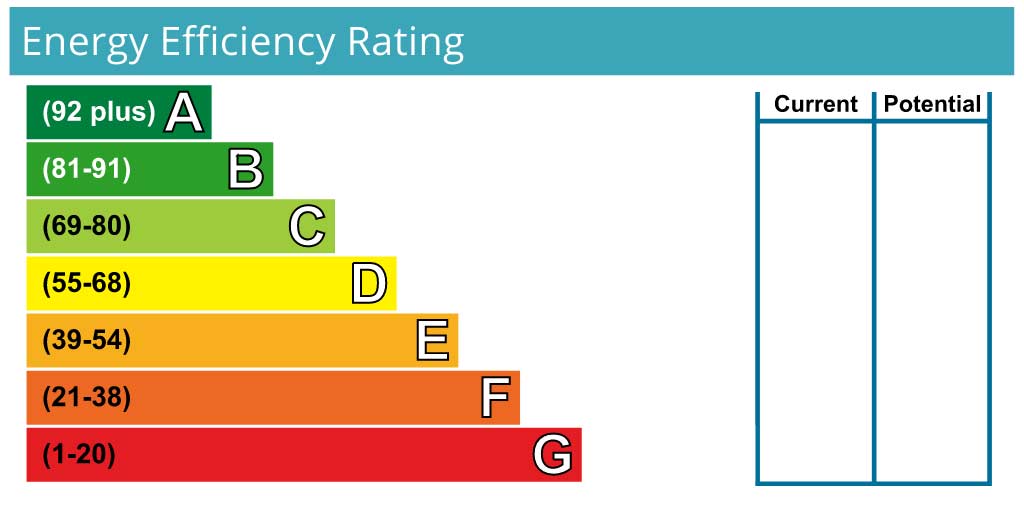
Category: epc epc
epcStricter Energy Performance Certificate (EPC) criteria could be on the horizon, as the Labour government have published a formal consultation on potential reforms.
Currently an EPC is valid for 10 years and should be renewed once that time has passed. Labour have suggested that shorter durations between EPC renewals could boost landlords’ ability to capture pitfalls in their properties’ energy efficiency.
The consultation says:
There may be an information benefit for prospective PRS (Private Rental Sector) tenants and policymakers for more current EPCs, and landlords may be able to capture upgrades to their properties more easily, in turn potentially improving desirability in the market and aiding compliance with regulations such as Minimum Energy Efficiency Standards.
Labour acknowledges that landlords may “incur a very small increase in costs from more regular EPCs”.
Whilst the renewal of an EPC certificate may be relatively modest, any works required to a property may not be.
For private landlords facing into the possibility of having to achieve a higher EPC rating – namely the controversial call for private rented sector properties to meet a ‘C’ grade EPC – the costs of property upgrades are a strong concern.
Regardless of whether a single tenant renews or extends their lease, it seems that the government is proposing that new EPCs should be required at the end of the tenancy duration.
At present, a property should have a valid EPC before it goes on the market, and mortgage lenders need to see the EPC before offering a loan.
However, according to the consultation, current regulations offer some leeway on this. Once an EPC is commissioned, there is a 28 day buffer that gives landlords a chance to secure the certificate, and their property is technically allowed to go on sale during this 28 day period.
The government plan to remove this potential loophole in the system, enforcing all properties on the market to have a full EPC evaluation completed and signed off before it goes on the market.
This will ensure that buyers and renters have information available to them at the point of making a purchasing decision whilst making the requirements clearer and easier to enforce.
HMO properties
The scope of EPCs is also proposed to be expanded so that, in the instance of a single room in an HMO being rented out, it would need a valid EPC, where at present this is only necessary where the whole house is let out.
The proposal states:
Mandating EPCs for HMOs when a single room is rented out will ensure that HMOs will need to comply with the requirements set out in the MEES Regulations if they did not have a valid EPC before this point. This would provide consistency across the private rented sector. As a result, we are proposing a 24-month transitional period for any HMO landlords newly brought into the scope of the regulations to obtain a valid EPC. This would also ensure reasonable time to comply with MEES requirements if these were applicable...
As HMOs are disproportionately occupied by vulnerable people, we anticipate that these measures will help ensure that tenants are living in thermally comfortable properties, with reduced costs during a time of high fuel poverty.
Holiday lets
The consultation has drawn similar conclusions about short-term lets, namely that they should be held to the same EPC standards at least at the point of being let out to a tenant. It says:
The current guidance states that an EPC is only required for properties rented out as a furnished holiday let, as defined by HMRC, where the building is occupied for the purposes of a holiday as a result of a short term letting arrangement of less than 31 days to each tenant, and is rented out for a combined total of four months or more in any 12 month period, and if the occupier is responsible for meeting the energy costs for the property.
We are proposing updating the regulations to provide a specific requirement for short-term rental properties to have a valid EPC at the point of being let.
News of more EPC adjustments may not be the most welcome news to landlords, particularly as there had been rumblings some time ago that EPCs would be replaced entirely with a new system, but we will keep you up to date on the latest developments on this front.
